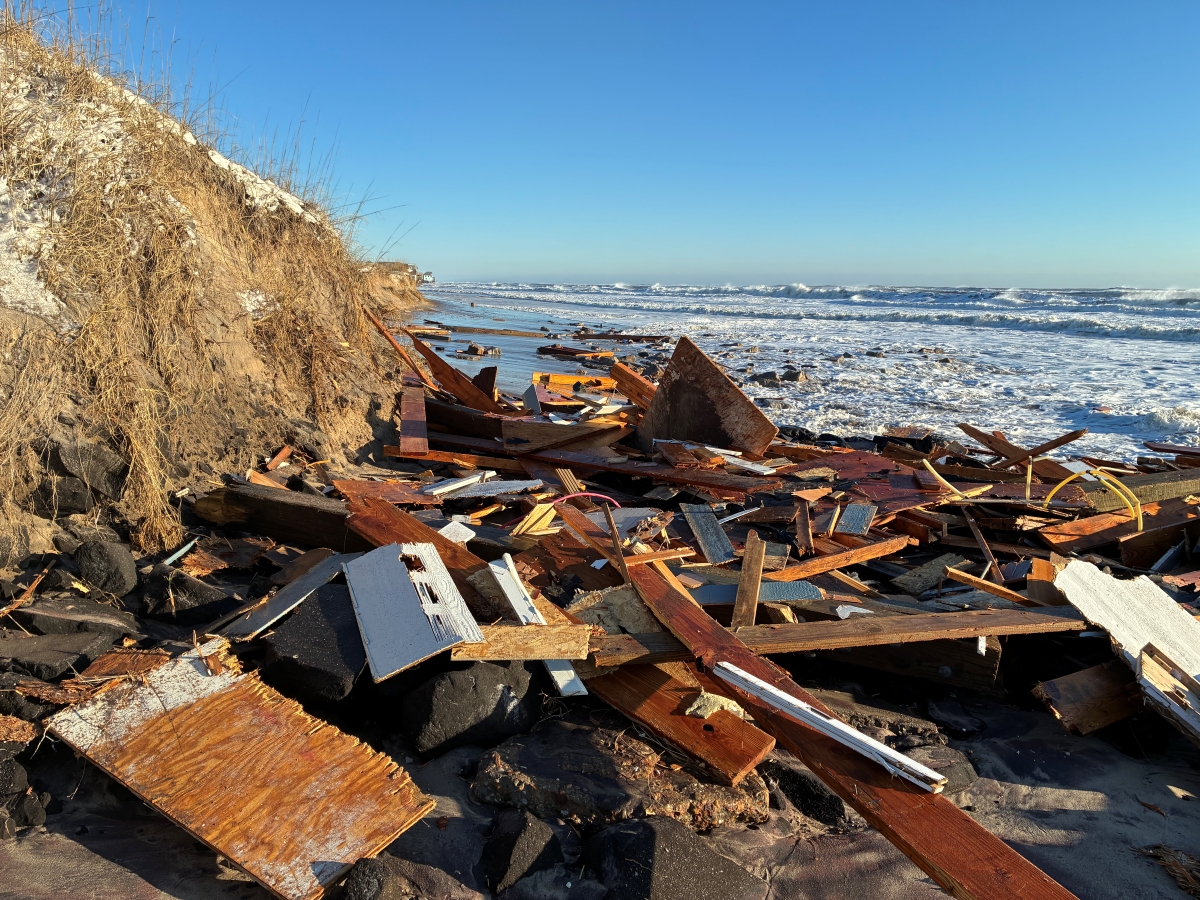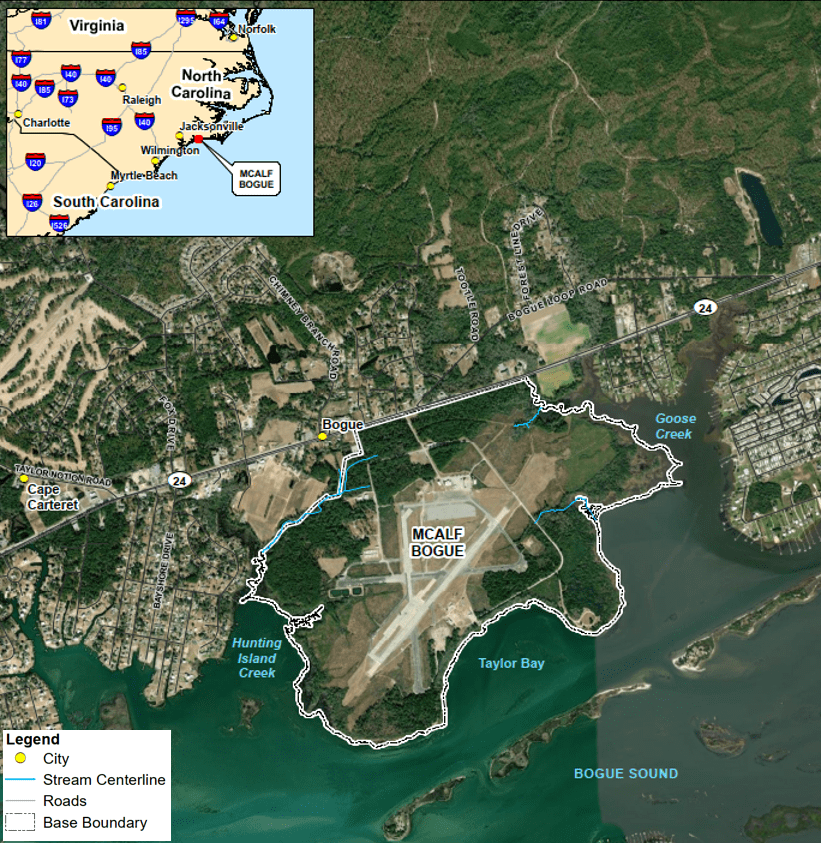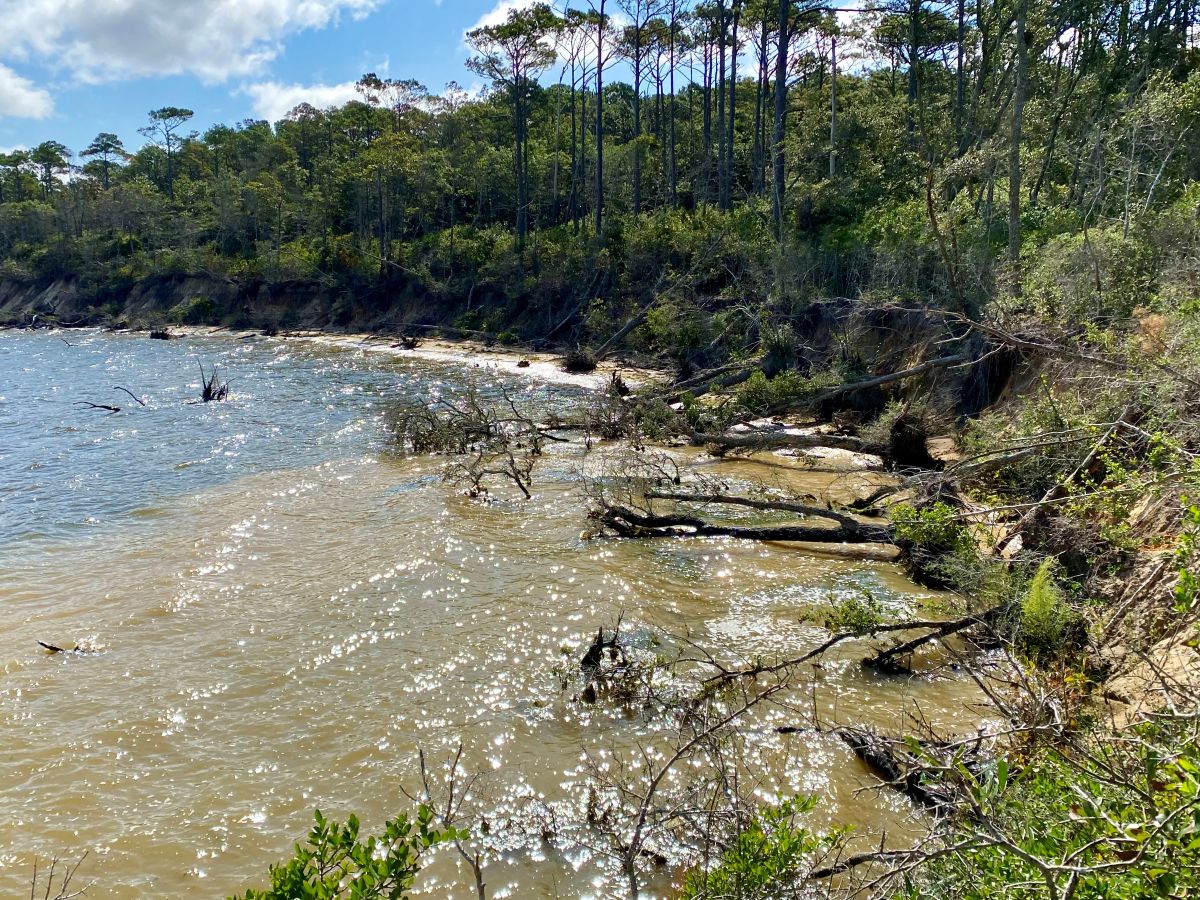RALEIGH – The state Senate’s budget plan took an ax to the Department of Environmental Quality, while the House dipped in with a scalpel, setting up major differences to bridge when the two sides sit down to negotiate a final spending deal.

The Senate plan, approved earlier this month, eliminates DEQ’s Division of Environmental Assistance and Customer Service, which helps businesses with waste reduction and recycling programs, as well as the department’s environmental education program. It also cuts key positions in administration and two positions in each of DEQ’s seven regional offices. In all, the Senate wants to eliminate a total of 45.5 positions, most of them currently filled.
Supporter Spotlight
The House plan retains the assistance and customer service and education programs and only cuts 6.5 positions that are currently vacant.
In dollars, the changes represent a difference between the two chambers of roughly $8 million in annual spending for DEQ.
What House budget writers did cut is aimed at a handful of programs and special provisions championed by their Senate counterparts, including a provision pushed by Senate Majority Leader Harry Brown, R-Onslow, that would impose a moratorium on new wind energy projects through 2020, a move that has the backing of some House members, but has been strongly opposed by a majority of its members.

The House version of the budget also maintains funding for university energy research centers, which the Senate wanted to eliminate.
The House Appropriations Committee met throughout the day Wednesday, working through more than 60 separate amendments to the $22.9 billion spending package. An initial vote on the plan is expected Thursday and the chamber is likely to take a final vote Friday, setting the stage for negotiations by a conference committee. House and Senate leaders have said they want to see a final budget deal passed by the end of the month.
Supporter Spotlight
Early in the session, budget chairs for both chambers said they were “pre-conferencing” sections of the budget to get the two versions better synched up ahead of the final negotiations. But in addition to spending on environmental programs, there are dozens of spending and policy differences in the two versions.
Collaboratory’s Future and Conservation Funds
One stark difference is in what’s envisioned for the North Carolina Policy Collaboratory at UNC-Chapel Hill, which the Senate created in last year’s budget to handle some of the research and development in state environmental policy, including an extensive study of nutrient management and the development of a regulatory framework for shellfish aquaculture. This spring, UNC officials hired Jeffrey Warren, the former science adviser for Senate President Pro Tem Phil Berger, as the collaboratory’s research coordinator.

In its version of the budget, the Senate renewed the collaboratory’s $1 million per year appropriation and extended the deadline for $3.5 million in matching funds for a challenge grant the university was unable to take advantage of last year. It also expanded the collaboratory’s studies, adding $100,000 for water and wastewater infrastructure analysis and $150,000 for a study of how to “ecologically restore and achieve economic stability” of the state’s shellfish industry, including the development of a shellfish mariculture plan. Another provision requires the collaboratory to develop a proposal for digitizing data on environmental monitoring and natural resource management. Additional language in the Senate budget prevents the UNC system from using any of the collaboratory’s funding as part of mandated system-wide cuts.
The House, meanwhile, would zero out all funding for the collaboratory and instead dedicates $150,000 to North Carolina Sea Grant for the shellfish aquaculture study and gives Sea Grant authority to conduct other aquaculture and mariculture studies that would have been assigned to the collaboratory.
The House also takes aim at a natural gas infrastructure fund set up to provide grants to extend service to large farms, a program that was championed by Sen. Brent Jackson, R-Sampson, who drew criticism late last year after it was revealed that his family’s farming operation had applied for a $925,000 grant under the program. Jackson said at the time he would seek a review of the grant request by the legislature’s ethics office and would withdraw the application if told to do so.

The House budget transfers $3,276,032 in the program to the Agricultural Development and Farmland Preservation Trust Fund and the remaining $2,176,032 to the state Forest Service for the purchase of a firefighting aircraft.
Overall, the total in grants to the state’s conservation funds varies only slightly for the farmland preservation fund and the Clean Water Management Trust Fund.
Although the funding sources are different, both the House and Senate budget $3.6 million this year and $2.6 million next year for the farmland preservation fund.
The Senate budget would spend $16.2 million this year and $13.5 million next year for the Clean Water Management Trust Fund; and $16.2 million each year for the Parks and Recreation Trust Fund.
The House budget would spend $16.5 million this year and $13.5 million for the clean water fund; and $23.4 million this year and $16.4 million next year for the parks and recreation fund.
The House budget also earmarks $545,000 from the clean water fund and $500,000 from parks and recreation fund to be used to help the town of Emerald Isle pay for the required match for a federal grant to purchase the Archers Creek tract on Bogue Banks.
Some House members are pushing for a shift in the revenue stream for the conservation funds.

At a Tuesday budget review, Rep. Julia Howard, R-Davie, told members of the House Finance Committee that she wants to return to using the deed stamp tax proceeds as a dedicated source of funding for the Clean Water Management Trust Fund and other conservation programs. The legislature eliminated using the deed stamp tax in 2013, but Howard said going back to using it would reduce some of the annual back and forth over finding money for the conservation funds.
Howard’s proposal, offered as an amendment to the budget bill, was eventually rejected by the committee, but she said she would continue trying to restore the revenue stream.
Oysters and Crab Pots
The Senate plan provides more funding than the House for oyster and aquaculture programs, spending a total of $1.4 million each year on oyster sanctuaries and $1.1 million in the first year and $1.2 million in the second year for shellfish bed rehabilitation. The House budget spends $1.1 million for the shellfish bed rehabilitation program and $900,000 in the first year and $400,000 in the second year for the oyster sanctuaries program.
Both chambers have budgeted $100,000 in the coming year for the crab pot cleanup program managed by the North Carolina Coastal Federation. The House provision requires an audit report on how the money was used and the results of the cleanup.







